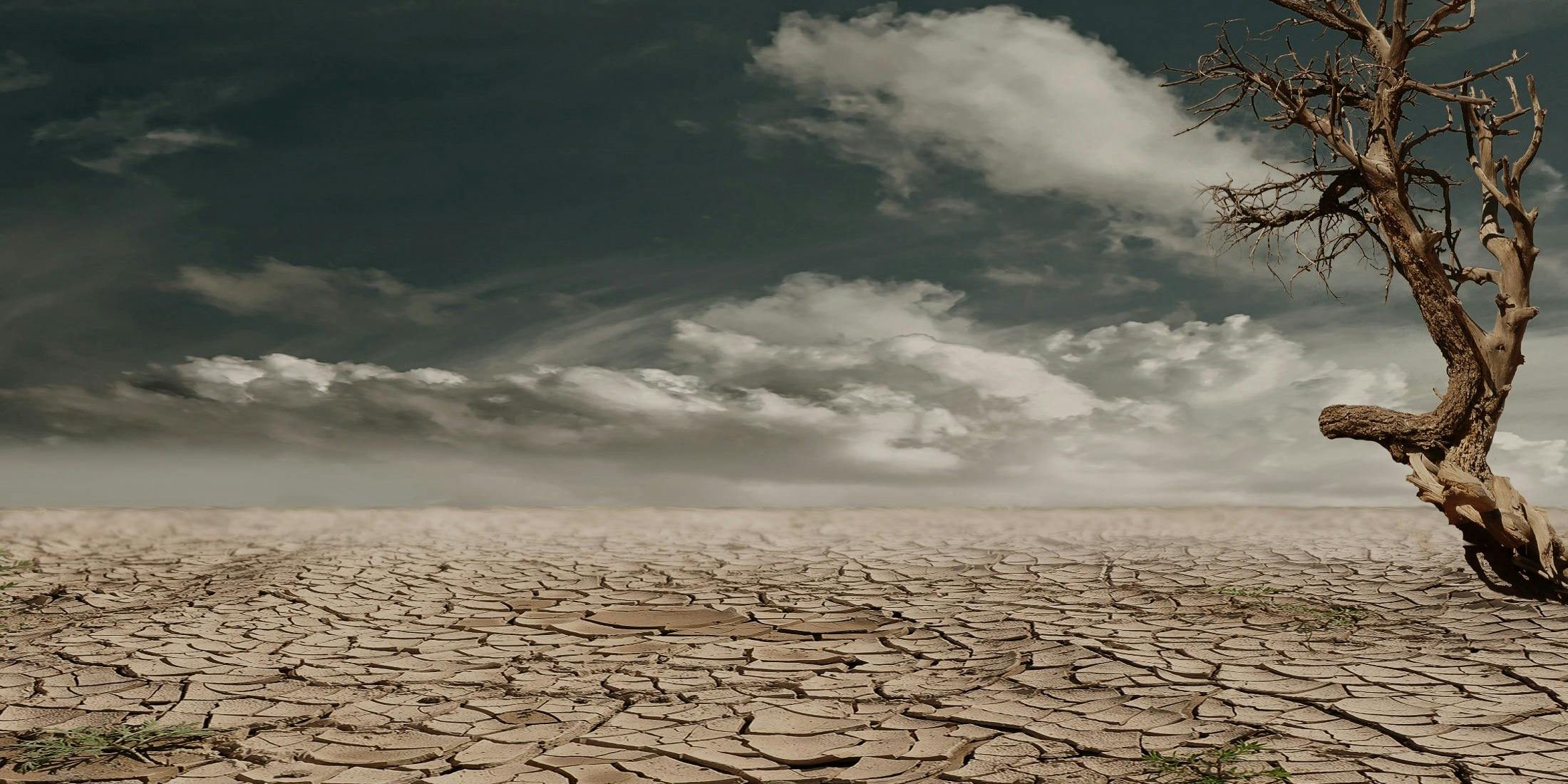Water is the essence of life, a critical resource that sustains ecosystems, supports agriculture and underpins human health and well-being.
However, water scarcity is an escalating global crisis that threatens the stability and survival of communities worldwide.
As populations grow, climates change, and consumption patterns evolve, clean, fresh water availability is becoming increasingly strained. Let’s examine the causes, consequences, and potential solutions for water scarcity, emphasising the urgency of addressing this pressing issue.
The Causes of Water Scarcity
Population Growth: The world’s population is projected to reach 9.7 billion by 2050. This rapid increase places immense pressure on existing water resources as demand for domestic, agricultural, and industrial use soars.
Climate Change: Global warming exacerbates water scarcity by altering precipitation patterns, increasing the frequency and severity of droughts, and reducing snowpack in mountainous regions. These changes disrupt the natural water cycle, affecting the availability and quality of freshwater supplies.
Over-extraction: Excessive water withdrawal from rivers, lakes, and aquifers for agriculture, industry, and urban use depletes water sources faster than they can be replenished. This unsustainable practice leads to rivers drying up and lowered water tables.
Pollution: Industrial waste, agricultural runoff, and untreated sewage contaminate water supplies, rendering them unsafe for consumption and reducing the overall availability of clean water. Polluted water sources exacerbate the scarcity problem by limiting access to potable water.
Poor Management: Inefficient water management practices, including inadequate infrastructure, leakages, and lack of regulation, contribute to the wastage and misallocation of water resources.
Consequences of Water Scarcity
Health Impacts: Lack of access to clean water leads to waterborne diseases such as cholera, dysentery, and typhoid, causing illness and death, particularly among vulnerable populations like children and the elderly.
Economic Stress: Water scarcity affects agricultural productivity, leading to food shortages and higher prices. Industries reliant on water for production also face operational challenges, impacting economic stability and growth.
Social Conflict: Competition for limited water resources can lead to tensions and conflicts within and between communities and nations. Water disputes are becoming increasingly common in regions with severe scarcity.
Environmental Degradation: Reduced water availability harms ecosystems, affecting plant and animal species that depend on freshwater habitats. Rivers, lakes, and wetlands dry up, leading to the loss of biodiversity and ecosystem services.
Solutions to Water Scarcity
Sustainable Water Management: Implementing efficient water use practices, such as drip irrigation in agriculture and water-saving technologies in industries, can significantly reduce water wastage.
Infrastructure Development: Investing in modern water infrastructure, including pipelines, reservoirs, and treatment plants, can improve water storage, distribution, and quality.
Pollution Control: Enforcing regulations to prevent industrial discharge and agricultural runoff into water bodies can protect water quality and increase the availability of clean water.
Climate Change Mitigation: Addressing the root causes of climate change through reduced greenhouse gas emissions and sustainable practices can help stabilise weather patterns and preserve water resources.
Public Awareness and Education: Raising awareness about the importance of water conservation and promoting community involvement in water management initiatives can drive behavioural changes and foster a culture of sustainability.
A Multifaceted Crisis
Water scarcity is a multifaceted crisis that demands immediate and coordinated action. Understanding its causes and consequences is the first step toward developing effective solutions. By adopting sustainable practices, investing in infrastructure, and promoting global cooperation, we can address this crisis and ensure that future generations can access vital water resources.
The time to act is now, as the health of our planet and its inhabitants depends on our collective efforts to safeguard and manage our precious water resources.
Photo Credit: Pixabay






